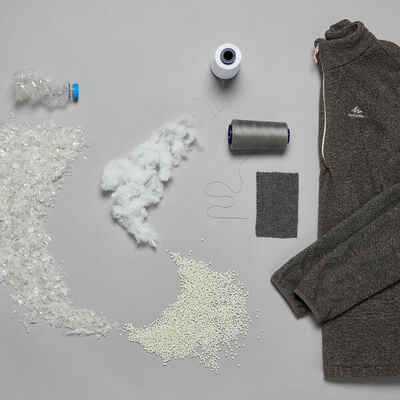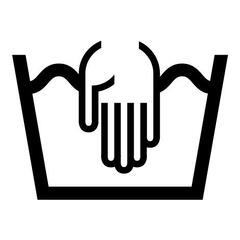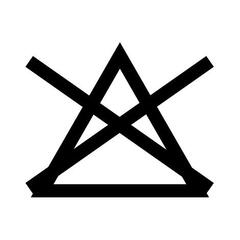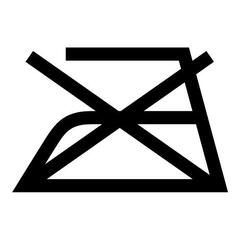Your comfort above all
To take full advantage of a hike, we devote particular attention to designing comfortable products. The back, shoulder straps & handle are comfortable because of their thickness and construction composed of different types of foam padding covered with a 3D mesh to improve ventilation & drying.
Back: 5 pads, composed of 2 types of 15mm-thick foam (PE - PU).
Shoulder straps: composed of 2 different foams (EVA - PU) 8 to 13mm thick
The chest strap has cushioning, its height & width is adjustable.
13 pockets for great organisation
1 compartment with top flap to increase the volume, to roll or fold. Hook to lock. The secured zip allows for easy and quick access.
Numerous pockets (13) for great organisation:
2 raised pockets for a 15” laptop and 13” tablet
5 zipped pockets, 1 hidden zipped pocket, 1 6.8” phone pocket (right shoulder strap)
2 expandable and coverable water bottle holders
1 strap for connecting to a suitcase
1 cable hole and 1 battery pocket
1 torch holder | 1 organiser
Seal
The components of the bag are water-repellent so that you can temporarily continue walking/hiking in light rain.
Caution: this backpack is not watertight/waterproof and it does not have a rain cover.
If you want to continue walking/hiking in the rain and protect your belongings, we recommend the following model: “20 to 40 L rain cover”, which can be viewed on our website, item reference 8734213.
Outer dimensions
Height : 46 cm | Width: 28 cm | Thickness: 22cm.
This bag can be used as carry-on luggage when travelling by plane as its dimensions meet the airline requirements (IATA). We recommend that you contact your airline for details of the size and weight restrictions on cabin baggage.
Tested for optimal durability
To ensure the bag is strong enough, we conduct laboratory tests on the components and seams, which replicate the long-term wear and tear that the backpack will endure.
For example, for a fabric, we test the resistance to abrasion and tearing, the colour fastness when exposed to UV light and washing, and the waterproofing.
We use these tests to guarantee the bags for a period of 10 years from the date of purchase on the receipt.
How to adjust your backpack?
1 - Loosen all straps, shoulder straps and chest belt
2 - Put on the bag
3 - Buckle the chest belt, adjust its height and width
4 - Tighten the shoulder straps (from top to bottom)
5 - Adjust to fit
You’re all set!
How is volume measured?
The volume of each backpack is measured using a standard method: we fill the main compartment, as well as each pocket, with little balls. Then we empty these balls into a graduated container, which gives the equivalent volume in litres.
How to fill your backpack?
Place the heavy items, e.g. laptop, picnic, etc., in the bottom and in the spaces provided. Pack your clothes around these items. Put the small belongings that you will use during the day (sun cream, map, sunglasses, etc.) in the pockets. Put the water bottle(s) in the outer pockets on the sides that are made for this purpose.
 Material
Material Process
Process Process
Process



